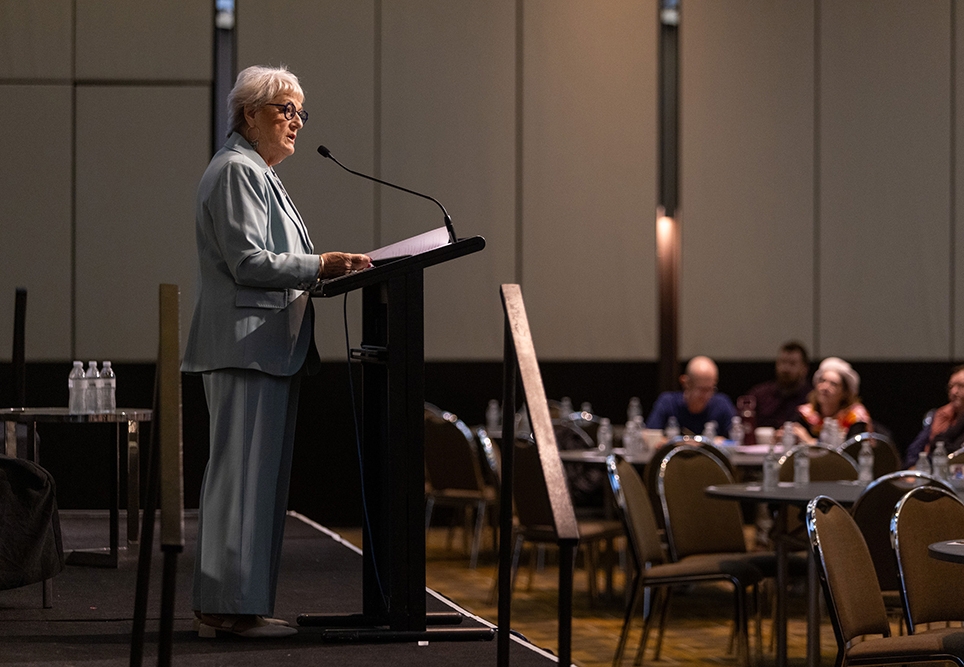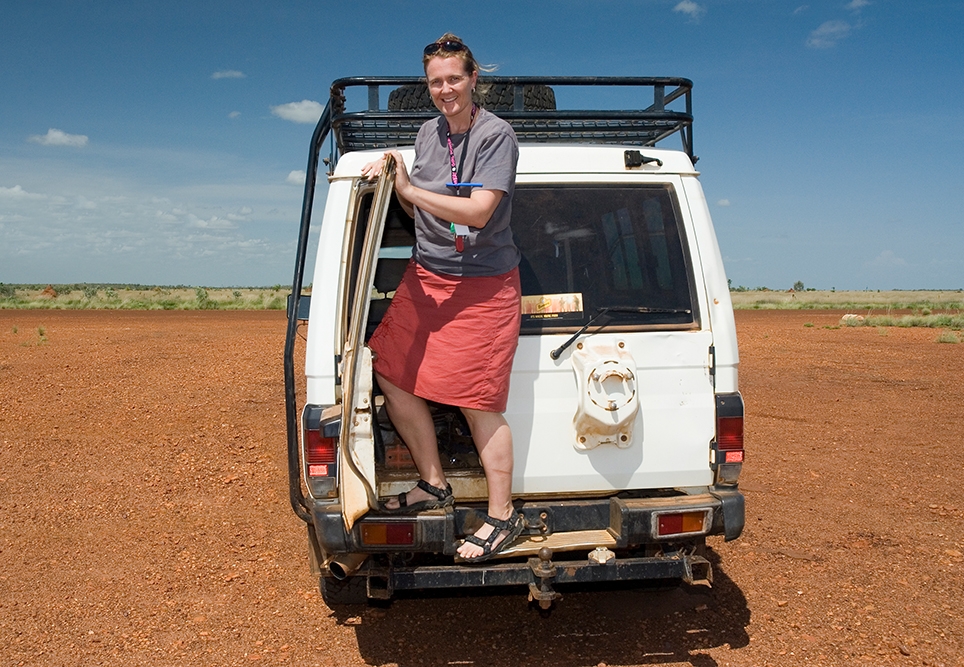In the race to protect the population from COVID, peak rural health bodies are united in their call for rural health workers to have priority access to COVID vaccines, as their risk of exposure increases across some states.
The Rural Doctors Association of Australia (RDAA), the Australian College of Rural and Remote Medicine (ACRRM) and CRANAplus Inc, are urging state and federal governments to sort out the current access issues.
“Rural and remote health services need protecting and the best way to do that is to ensure the workforce is fully vaccinated,” RDAA President Dr John Hall said.
“With cases of health workers being unknowingly exposed across several sites now, the best way we can ensure their health and safety, and that of their patients, is to target them in the rollout of the vaccines.
“As it currently stands, they are in an ever-increasing cohort of eligibility, and there is no way for the system to prioritise them.
“Their services are essential and instead of being pushed to the front, they are being overrun by the sheer number of people now eligible for the Pfizer vaccine in particular.
“Supplies of this vaccine have always been limited in rural areas, meaning that many have been unable to gain early access despite their Priority 1A status.”
ACRRM President, Dr Sarah Chalmers, said that exposure of the medical teams in rural and remote towns can easily compromise their entire health care services.
“In small communities with smaller health services, the exposure of any of the team can completely bring down their ability to provide care,” Dr Chalmers said.
“If they end up actually sick with COVID, and are off work for a sustained period of time, with so few staff members and extremely limited ability to access the locum workforce – not only because of their remote location but because they would also be a COVID exposure site – the capacity of the health services would be severely diminished and the surge capacity in case of a community outbreak would be minimal.
“We need to give all of these workers access to the vaccines ASAP, ahead of any potential outbreak.
Acting CEO of CRANAplus, Amelia Druhan, said that urgent solutions were needed.
“We immediately need changes to the eligibility checker so that Priority 1A groups are able to go to the front of the queue,” Ms Druhan said.
“There is confusion between the Federal government Priority lists, and the State coordinated rollouts of Pfizer through their hubs. This needs to stop.”
Other solutions the rural peaks are calling for include:
- fully vaccinated fly-in teams to vaccinate health care workers along with residential aged care and disability workers as they did with aged care residents
- a national register of health care professionals to address any workforce shortages as they arise
- a well-coordinated strategy to give locums the ability to move across the country as needed to provide care to communities in need.
Available for interview:
RDAA President, Dr John Hall
ACRRM President, Dr Sarah Chalmers
CRANAplus Acting CEO, Amelia Druhan
Contacts: RDAA: Ineke Kuiper, 0408 669 638
ACRRM: Petrina Smith, 0414 820 847
CRANAplus: via RDAA



